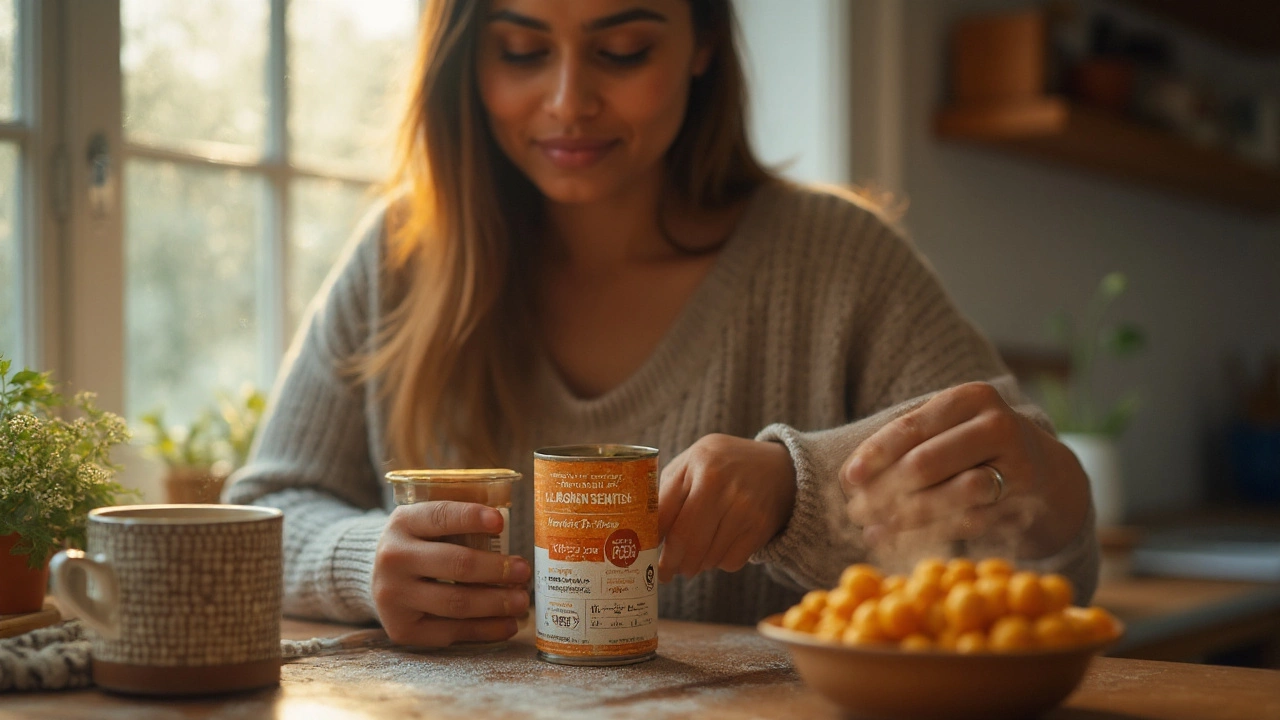Do Chickpeas Have Gluten? UK 2025 Guide to Safe Shopping & Cooking
Wondering if chickpeas have gluten? Clear UK 2025 guide: what’s safe, how to read labels, cross-contact pitfalls, and simple swaps with chickpea flour.
If you avoid gluten, you probably wonder whether hummus is safe. The good news is that plain hummus is naturally gluten‑free – it’s just chickpeas, tahini, lemon, garlic, and olive oil. The trouble starts when manufacturers add flavorings, thickeners, or use shared equipment. A single hidden ingredient can turn a safe dip into a gluten trigger.
Reading labels is the first line of defense. Look for words like wheat flour, barley malt, or modified food starch without a clear gluten‑free claim. Even “spices” can be processed on equipment that handles gluten. If a product doesn’t say gluten‑free on the front, dig into the ingredient list.
Many big brands label their classic hummus as gluten‑free because the basic recipe contains no gluten. However, flavored varieties often add hidden gluten. For example, roasted red pepper hummus might use a malt vinegar or a seasoning blend with wheat‑based anti‑caking agents.
Check the packaging for a certified gluten‑free seal. That seal means the product was tested and meets strict limits (usually less than 20 ppm of gluten). If you can’t find a seal, assume the risk and choose a plain version or make your own.
Cross‑contamination is another factor. Even if a label says gluten‑free, the hummus could have touched the same conveyor belt as a wheat product. Look for statements like “produced in a dedicated gluten‑free facility” or “produced on shared equipment” to gauge the risk.
Making hummus at home guarantees control over every ingredient. Grab a can of chickpeas, a spoonful of tahini, juice from half a lemon, a clove of minced garlic, a splash of olive oil, and a pinch of salt. Blend everything until smooth, adding a little water if it’s too thick.
Want flavor without gluten? Add roasted red pepper, sun‑dried tomatoes, or fresh herbs. Just keep extra sauces separate and check their labels. A drizzle of gluten‑free soy sauce or a sprinkle of smoked paprika can boost taste without breaking your diet.
Store homemade hummus in an airtight container. It stays fresh for up to a week in the fridge. If you need a longer run‑time, freeze it in single‑serve portions; thaw in the refrigerator before serving.
With these steps, you can enjoy hummus at parties, with veggie sticks, or on gluten‑free crackers without worry. Remember: plain hummus is naturally gluten‑free, but flavorings and processing can introduce gluten. Read labels, pick certified products, or whip up a batch yourself for peace of mind.

Wondering if chickpeas have gluten? Clear UK 2025 guide: what’s safe, how to read labels, cross-contact pitfalls, and simple swaps with chickpea flour.